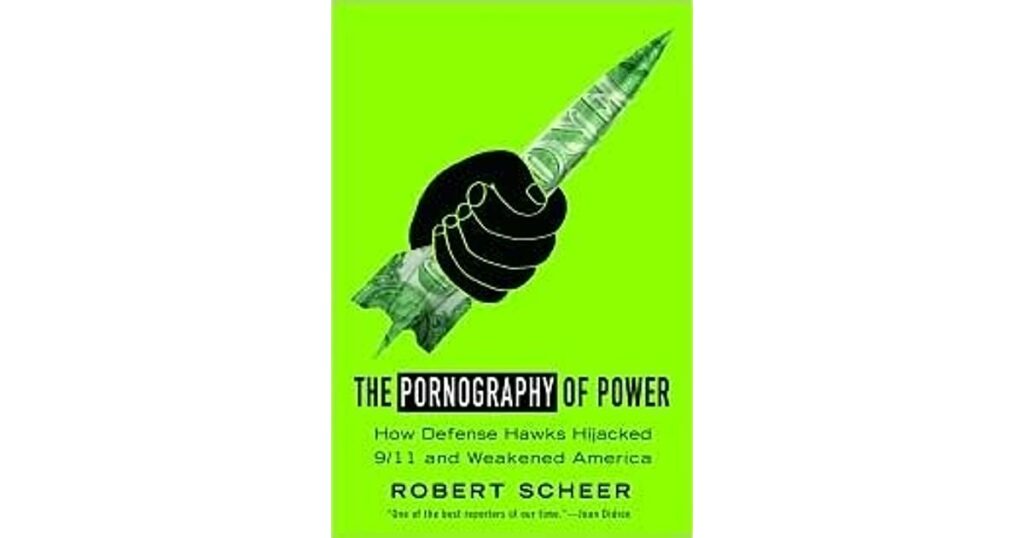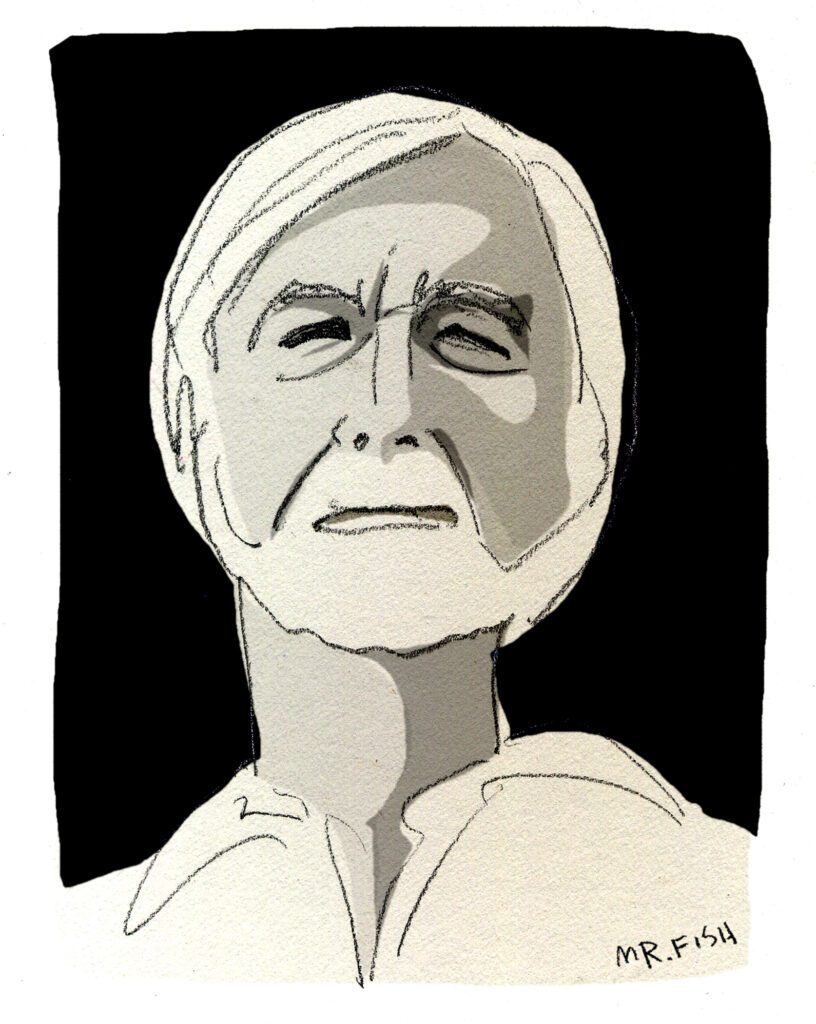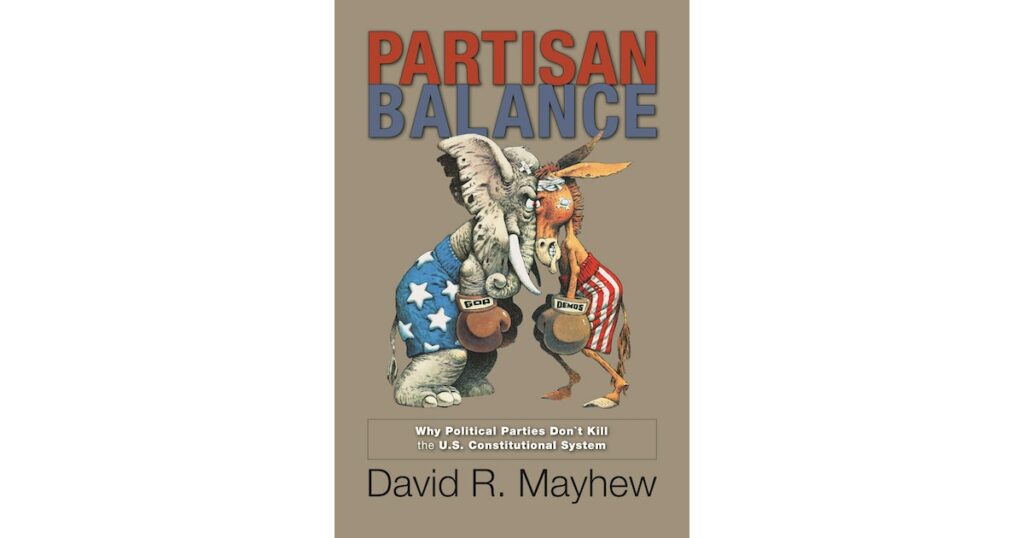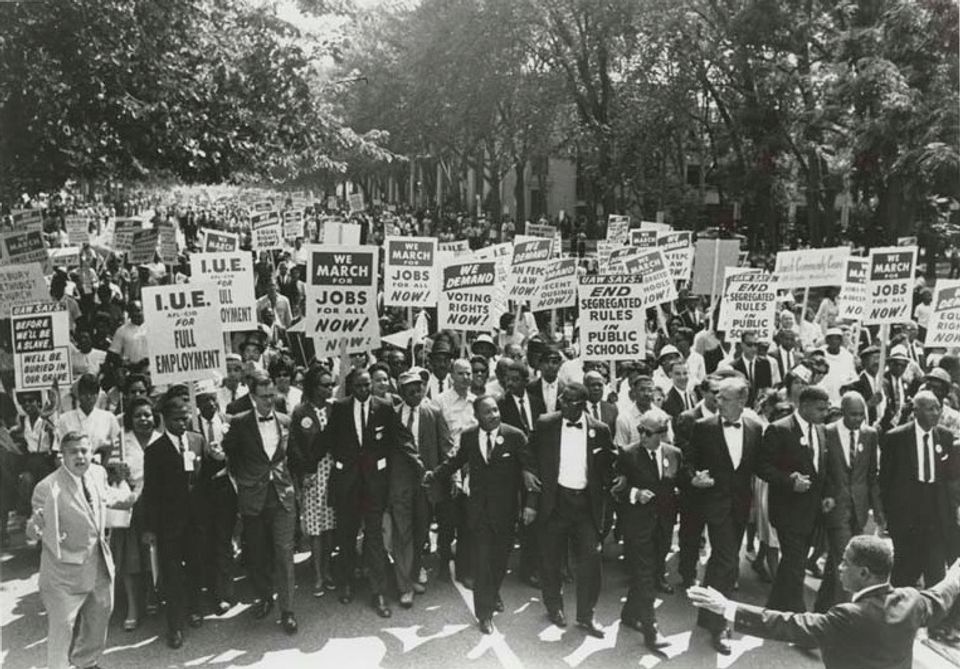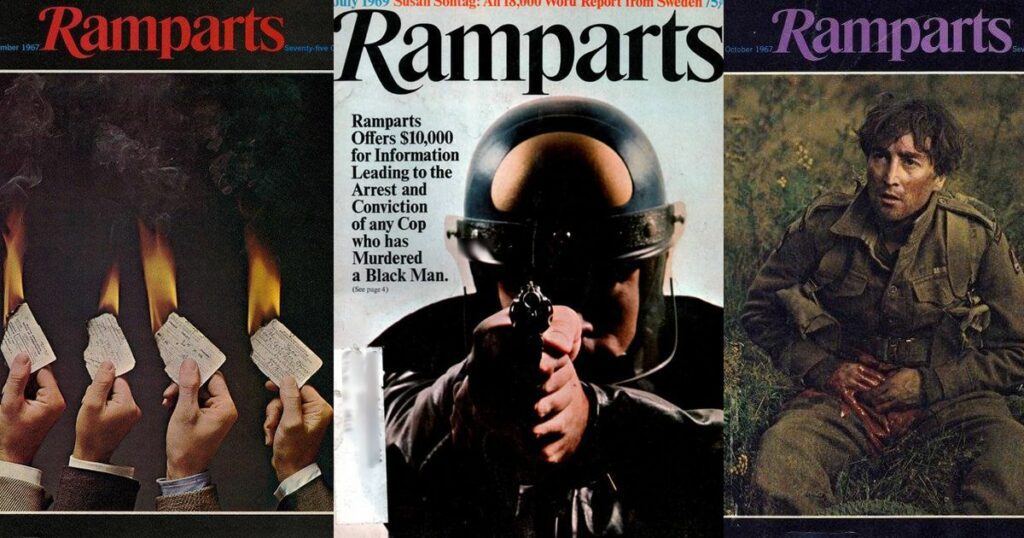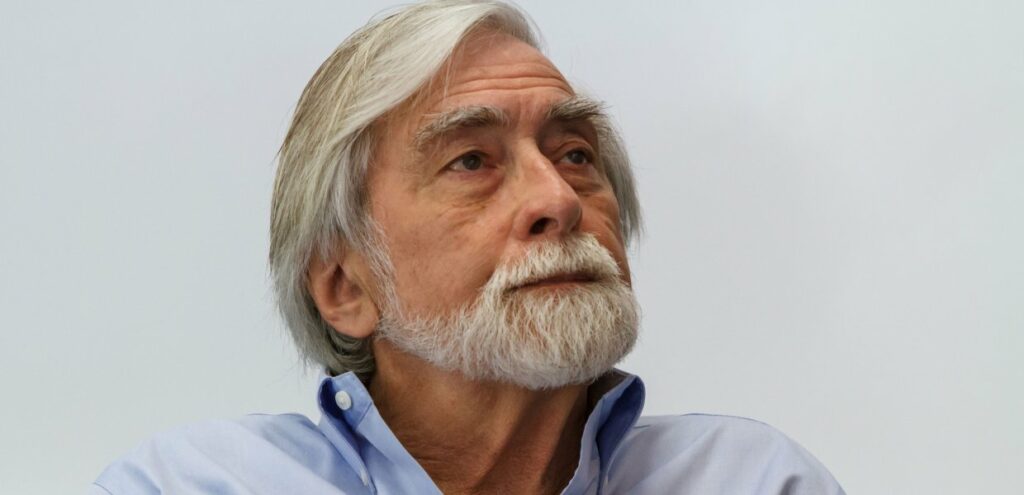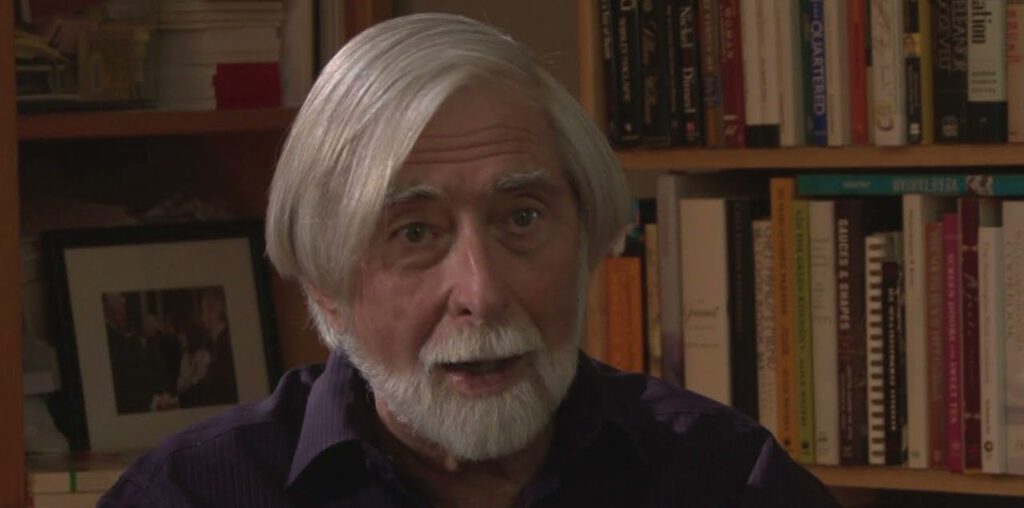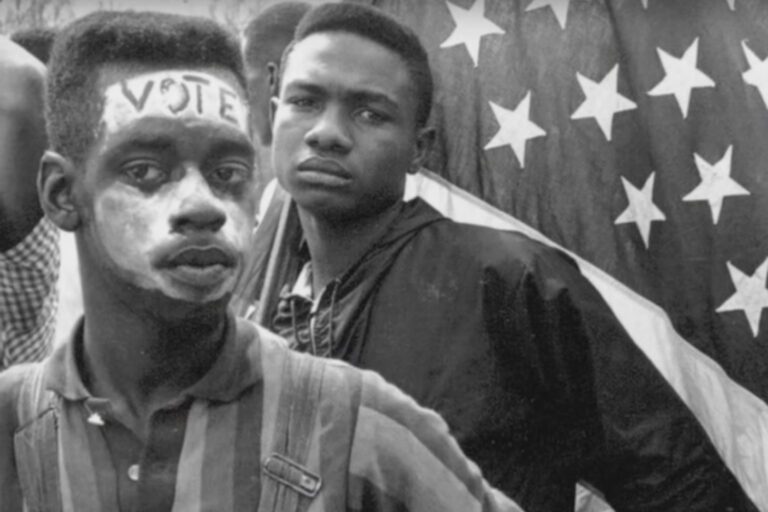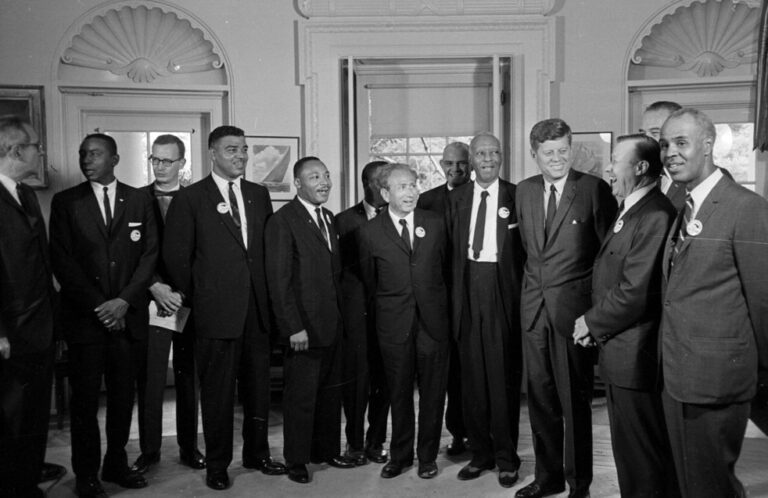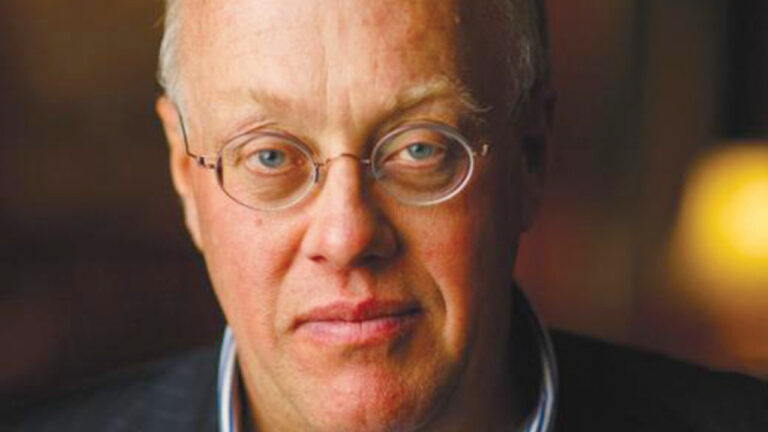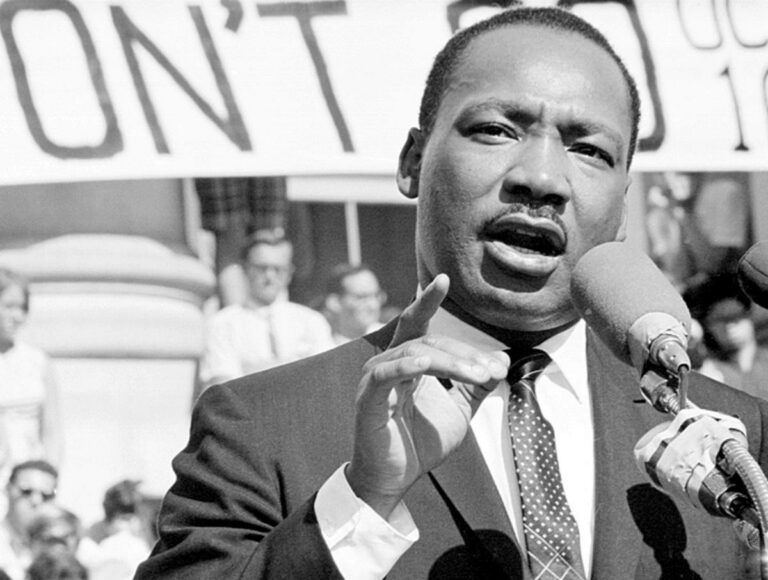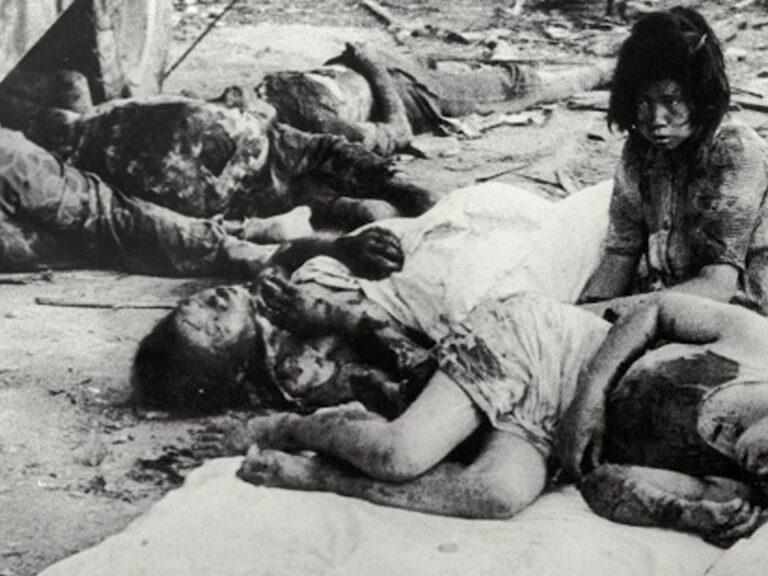This is an episode of Reality Asserts Itself, produced on June 22, 2015.
On Reality Asserts Itself, Mr. Scheer discusses his work on Ramparts magazine, covering the Vietnam War and the civil rights era.
PAUL JAY, SENIOR EDITOR, TRNN: Welcome back to The Real News Network and Reality Asserts Itself. I’m Paul Jay. And we’re continuing our series of interviews with Robert Scheer. He now joins us again in the studio. Thanks for joining us again, Bob. So just to remind everybody, Bob is a veteran U.S. journalist, currently the editor-in-chief of the multi Webby Award winning online magazine Truthdig. But Bob was also the founder and correspondent and editor for a while, if I’m correct, of Ramparts magazine. Ramparts is a historic journal from the Vietnam era, Vietnam War era. So thanks for joining us. And tell us a little bit about the founding of Ramparts and some of the key developments there.
PROF. ROBERT SCHEER, JOURNALIST AND AUTHOR: Well, I wasn’t there for the founding, but it was started by a guy named Ed Keating, who was a convert to Catholicism. His wife was Catholic. Brought in a guy named Warren Hinckle, who had gone to the Catholic University in San Francisco. And these people were very much influenced by Pope John [incompr.] social conscience. The Catholic Church had changed. The farmworkers, which–Caesar Chavez was born of Catholic background. A lot of the farmworkers, the Latino immigrants, were Catholic. And the Church was under a lot of pressure to play a more progressive role and tend to the needy, the flock. And Ramparts came out of that. It started as a Catholic literary quarterly.
JAY: What year?
SCHEER: And that I don’t know. I guess 1960 or something. A guy named Peter Richardson wrote a very good book about it if people want to read about it. And they got involved with some of these issues, like the farmworkers, and you go, what would Jesus do, but in a social conscience.
JAY: Give a bit of the context of the period, because the 1950s was still very much the footprint of McCarthyism and House Un-American Activities Committee.
SCHEER: Yeah, and McCarthyism was consistent with the Catholic Church of that day. The Catholic Church had adopted the Cold War. Cardinal Spellman in New York, McIntyre in Los Angeles, they were very politically conservative, strongly into the Cold War, get–communism is godless. And McCarthy himself was very much a product of that kind of thinking. And the Vietnam War had a lot to do with it. Ngo Dinh Diem had been living in a Catholic seminary, Maryknoll seminary in New Jersey, somewhere around there. He was in exile. Catholics made up about 10 percent of the Vietnamese population. Nonetheless, our CIA, our government, decided Ngo Dinh Diem could be the George Washington of his country. It looked like there was going to be election in 1956. The Geneva Accords had agreed on that. Ho Chi Minh undoubtedly would have been elected. That’s what Dwight Eisenhower said in his memoir Mandate for Change. And so our CIA got the brilliant idea, let’s put a Catholic in there. And Ngo Dinh Diem was the guy. And the American Catholic Church was pushing that. And I got involved in writing about all that in a quite early period, early ’60s. I traced how did this happen, how did we get into Vietnam, what was it our business. The French had been defeated. You know, Vietnam had no serious army. It was not a threat to anyone. It was not a vanguard of communist expansion. The Vietnamese had been conquered by the Chinese for 1,000 years, and all they wanted was their nationalism. You know, Ho Chi Minh was a big fan of French rebellion and revolution. He’d worked in France. He’d worked in the United States. Their proclamation of independence began with the words from the American Declaration of Independence. So it was ridiculous to drag Vietnam into the Cold War. It ended up being a very bloody chapter of the Cold War. Three and a half million Indochinese people died, almost 59,000 Americans. But at the beginning it was absurd. The Sino-Soviet dispute was a reality. The Vietnamese were not interested in lining up with Russia or China. So the whole thing made no sense.
JAY: So why did Kennedy, then Johnson, do it?
SCHEER: Well, because there was pressure to appear tough on the Russians.
JAY: Project strength.
SCHEER: Project strength, the Cold War stupidity. You know, this is what David Halberstam wrote about in The Best and the Brightest. This is what the Pentagon Papers that Daniel Ellsberg heroically released to The New York Times and The Washington Post–the basic story in the Pentagon Papers was the war made no sense. The Vietnamese were nationalists. The Vietnamese communists were nationalists. Leave them alone, they’ll go the way of Tito in Yugoslavia. That’s all they care about. They certainly don’t want to be under the control of the Chinese or the Russians, the Soviets. And so we made a mishmash of this whole history. And I was trying to understand this. And I’ll tell you, in terms of journalism, how I got involved. I read an article in Nouvel Observateur, the French paper, Philippe /d?vi’?r/, and I was–at that time I had been a graduate student in Berkeley in Chinese studies. And one day I went up in the stacks and tried to read a little bit more about Vietnam in ’62, around there, and I found a packet of papers. There was even dust on top of it. And someone had died, and his widow had donated his papers to the University of California library. And I blew off the dust, opened this up, and the papers were about how we trained the police in South Vietnam, and something called the Michigan State police project was directing it for the CIA. And this guy who had died–died a natural death–had been one of the people involved in this thing. And there was even examples of torture and brutality of one kind or another. And it all was aimed at getting this guy, Diem–this goes back into the 1954-56 period–to be able to control South Vietnam so there would not be an election unifying the two halves of the country, and Ho Chi Minh would not win, and therefore we would have a free Vietnam in the South and the country would stay divided. This violated the Geneva agreement that had been worked out, but these people were gung ho. If you ask why was it done, well, we had hawks in the United States who wanted to do it. The Catholic Church at that point was quite right-wing and wanted to save the Catholics in Vietnam. And you had a guy named Tom Dooley, who wrote a very–he was a Navy doctor–about the flight to freedom in the South. And there’s an–actually, I ended up working on a movie about Tom Dooley, because one of the ironies of this is that Tom Dooley, this heroic naval doctor, Dr. America, who wrote the key work in alerting Americans, and, you know, this heroic story, actually was gay. And so there was a battle–and this is what our movie script was about–for one branch of government, the CIA, wanted to use him. And he was one of the ten most well-known Americans at one point. You know. And on the other hand, the Naval intelligence wanted to get him out of the Navy ’cause he was gay–very much in the closet, but they were tracking. So you had two branches of government out–one wanting to use him and one wanting to destroy him. And this guy was kind of caught in the middle of it. It’s–.
JAY: Why is he such an important figure?
SCHEER: Well, he was part of the whole propaganda apparatus about the flight to freedom of people from the North and how the Catholics were being persecuted and that the sort of assumption was that most of the people in Vietnam were Catholic. They weren’t. They were Buddhists.
JAY: Well, how much did Kennedy’s Catholicism influence his decisions here?
SCHEER: Kennedy was very much influenced by Cardinal Spellman in New York, who had power, and the Catholic Church. It was an important part of the story, which is–the only reason I’m bringing it up is ’cause it relates to my connection with Ramparts. So I had found this package of material. I interviewed people. I had already written a book about U.S.-Cuban relations. I was a graduate student. I knew something about these issues. And so I started pursuing it journalistically. I went to Vietnam. Paul Krassner, who edited The Realist magazine, bought me a ticket, which he got from these “Fuck Communism” posters. Those days, if you used that word, you would be–you know, Lenny Bruce would be arrested. And so Paul Krassner had this great idea. He had the red, white, and blue with stars, and it said “Fuck Communism”. And, you know, so what was the dean or a dorm–you know, student advisor in the dorm, could he ban it? It would–banning what they thought was a patriotic–looked very patriotic. So it was playing on this contradiction, and Krassner made a lot of money selling these things, and enough so that he could easily buy me a ticket to Vietnam. So I started reporting about this. And actually it was difficult getting anybody but The Realist to run it, ’cause they didn’t want to go against what was now the prevailing consensus, that something terrible was happening in Vietnam and we had to intervene.
JAY: Yeah, give a sense of that. How were the big name brand newspapers–The Times, The Post–where [crosstalk]
SCHEER: Oh, they were all supporting intervention in Vietnam. And, in fact, The New York Times, much later, I guess, when Martin Luther King condemned the war in Vietnam and said the U.S. is now the major purveyor of violence in the world today, my own government, The New York Times condemned him for dividing the civil rights movement, and why is he bringing up Vietnam. And this was the reason Hoover went after Martin Luther King, ’cause King–it wasn’t as if King was embracing violence or anything. He wasn’t. He was nonviolence. But Hoover started tapping King’s phone and having him followed around and everything ’cause he wanted to prove he was a communist. And King had a couple of advisers who had come out of the early civil rights movement. And Bayard Rustin was one of them. And so Hoover, in his paranoia, decided King was some kind of foreign agent or a communist and had to go get him. So he played into that whole thing. But at the time, when, in ’63, ’64, I was doing all this research and I actually did a study for the Center for [the Study of] Democratic Institutions, the Fund for the Republic, that was based in Santa Barbara–and you had quite a few prominent people connected with that board. Henry Luce, even, of Time magazine was on that board, Supreme Court justice Douglas. And so Robert Hutchins, a very famous educator, ran that center. And one of–a couple of the people involved with it, one of them was Stanley Sheinbaum, who had been the codirector of the Michigan state project. By that time, he was a source of mine in doing this research. He had been used to be cover for the CIA project, and he was recruiting people in this country. But when he got to Vietnam, he wasn’t allowed to go here and allowed to go there. So he was already–by then, this was years later, eight years later, and so forth, he saw this was really a bad thing to have done. He knew about the torture and all that or was learning about it. And so I was going around interviewing people, and then he ended up writing an introduction to my study. I delivered a paper at the Fund for the Republic. They published it. I believe quickly, pretty quickly, a million copies were sold. And so I was already sort of established. I had already done another book. But meanwhile, no one would print my material about Vietnam. And happened that my wife, Anne Weills, quite prominent civil rights and union–she now a labor attorney and well-known now because she’s representing a lot of prisoners or a number of the prisoners at Pelican Bay involved in that issue. But, anyway, she was working in a mutual fund bond agency in San Francisco in the financial district, and one of her colleagues was Warren Hinckle’s wife. And so they were just chatting. What does your husband do? What does–. And she said, well, they were a Catholic publication, but they were very against–you know, they were with the new pope against–it’s very similar to what’s going on right now. You have a progressive pope, and he’s taking on the more, you know, traditional elements of the church. And so that was Pope John then. He was quite enlightened–I use that word with a pope. And so she said, well, my husband, well, he’d love that story. So I went down there. They were near Palo Alto. And I went down. And soon I started writing for Ramparts. And I made another trip; I made a trip, second trip to Vietnam.
JAY: And people should get the scale of this. This–Ramparts, there wasn’t, I think, anybody in the antiwar movement didn’t know Ramparts magazine. And I think, too, mostly because of your work in Vietnam.
SCHEER: Well, what we were able–well, it wasn’t just my work. There was a guy named Don Duncan who had been a very much decorated master sergeant in Vietnam and had all these medals, and then he wrote a piece for us, “I Quit” and why he didn’t re-up. And so there were a lot of heroic, wonderful people who wrote for–Sy Hersh wrote for Ramparts. There were a lot of people. What you’re getting to, I think, is that the mass media were so set in the Cold War, Ozzie and Harriet world of America as totally virtuous and the little suburban communities and so forth, and another story started to appear. You know, we had the civil rights movement being energized. We had an antiwar movement develop because we had a draft, and so it wasn’t just, you know, like now you make video war: let’s go send a drone and kill somebody, but you don’t have to go. Here, we were going to have to go. You know, when I was 18, I had to bend over and be examined by a doctor with 40 other guys, you know, somebody looking up your rectum. And so there was a reality to it. And I stayed 1-A right through. You know, when I got married, I had another status. But still, you were eligible for the draft, so there was an immediacy to it. It wasn’t a war game. And so we found a big audience on college campuses. And we were a glossy publication. We had a great art director, Dugald Stermer. In fact, one of the funny things about Ramparts, I remember we were sued by Pan Am–people have seen that old series know it was the big airline. And we had a phony Pan Am ad–and not making fun of them. It looked like a regular Pan Am ad, just ’cause we wanted to look like every other magazine. They didn’t pay for it. They were embarrassed by it: why did you–we didn’t take out that ad.
JAY: They can’t sue you for giving them the free ad.
SCHEER: Yeah, we give them a free ad. You know. And so we were very clear that we didn’t want our style to be the issue. Remember, style was everything in the ’60s, and shock people with your style. Well, we didn’t do that. We wanted to be a conventional–look like Life magazine.
JAY: And you are in Vietnam covering it.
SCHEER: I was in Vietnam several times and reporting on it. But I came–but, yeah, at Ramparts I was first the foreign editor, and then I ended up being the editor. And it was very exciting, because we weren’t–you know, we needed the mass media. So, like, for instance, our first big–one of our first big stories, there was Senator Frank Church, now well known because of the Church Committee and everything. But Frank Church was one of the first in the Senate to question the war. And he happened to be a Catholic. And so he–objecting to it. And so we did an interview with Frank Church. And then the New York Times put it on the front page, you know, this Senator coming out against the war. Gruening was the senator from Alaska. Wayne Morse from Oregon. So we were in contact with these people who were starting to dissent from the war. And we did good investigative reporting. But the only reason we could survive as a publication is The New York Times or The Washington Post or somebody would pick up our stories. And we did, I guess, what you’re trying to do with this television network of your own, right? You try to do good reporting that they should have been doing. You know, we weren’t an ideological publication. We were basically–we had some of the early environmental stories, /d?in.m?’rin/. Sy Hersh did one on the poisoning of sheep in Utah. So we were into that issue. We were very supportive of labor struggles that were going on, particularly the farmworkers. We were very committed to that. And that we had the support of the church because a lot of the–most of the farmworkers were observant Catholics, and so a lot of the local priests were supportive. So we did a lot of that kind of journalism. It was great. And so I guess I never stopped.
JAY: We’re going to pick up this conversation in the next segment of Reality Asserts Itself on The Real News Network. Please join us.
Never miss another story
Subscribe to theAnalysis.news – Newsletter
“Robert Scheer is an American left-wing journalist who has written for Ramparts, the Los Angeles Times, Playboy, Hustler Magazine, Truthdig, Scheerpost, and other publications, as well as having written many books.


